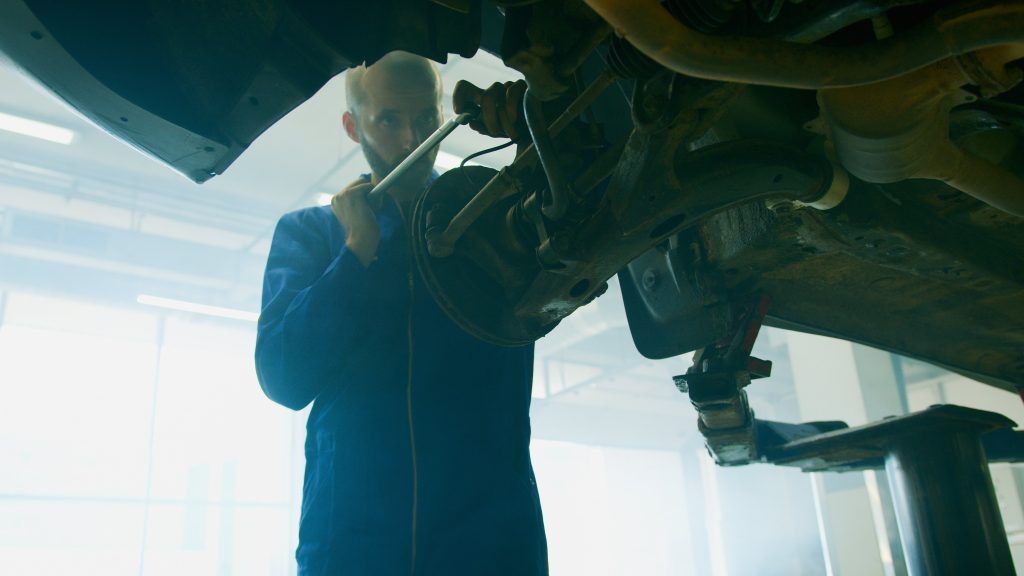
Your vehicle’s brake system is paramount for your safety on the road, making regular inspections crucial. Knowing how often to check your brakes can prevent potential issues and ensure your vehicle stops reliably when you need it to.
1. Regular Six-Month Intervals: A general rule of thumb is to have your brakes inspected every six months. This bi-annual check allows for a comprehensive examination of brake pads, rotors, calipers, and brake fluid levels.
2. Align with Tire Rotations: Coordinate brake inspections with tire rotations, typically performed every 6,000 to 8,000 miles. This synchronicity ensures that both your tires and brakes receive regular attention, promoting overall vehicle safety.
3. Before Long Journeys: Planning a road trip? It’s wise to include a brake inspection in your pre-trip preparations. Long drives can put additional stress on your braking system, and ensuring it’s in optimal condition is crucial for a smooth journey.
4. Respond to Unusual Signs: If you notice any warning signs like squeaking, grinding noises, or a soft brake pedal, don’t wait for a scheduled inspection. Address these issues promptly by having your brakes checked immediately.
5. Consider Driving Conditions: If you regularly navigate challenging driving conditions such as stop-and-go traffic, hilly terrain, or harsh weather, consider more frequent brake inspections. These conditions can accelerate wear and tear on your braking system.
6. Pay Attention to Mileage: Keep an eye on your vehicle’s mileage. As a general guideline, consider a brake inspection every 20,000 miles. However, always refer to your vehicle’s manual for manufacturer-specific recommendations.
7. DIY Brake Checks: In addition to professional inspections, conduct visual checks of your brakes. Look for signs of uneven wear, thickness of brake pads, and any visible damage. If in doubt, consult with a professional mechanic.
Why Regular Brake Inspections Matter:
- Safety: Functional brakes are paramount for your safety and the safety of others on the road.
- Cost Savings: Early detection of brake issues can prevent more extensive and costly repairs down the line.
- Extended Brake Lifespan: Regular inspections and maintenance contribute to the longevity of your braking system.
In conclusion, the frequency of brake inspections depends on various factors, including driving conditions, mileage, and signs of wear. Prioritize your safety by scheduling regular brake inspections with a trusted auto service provider. At NMT Auto Service Oakville, we’re dedicated to ensuring your vehicle’s braking system is in top-notch condition. Schedule your brake inspection with us and drive with confidence.
